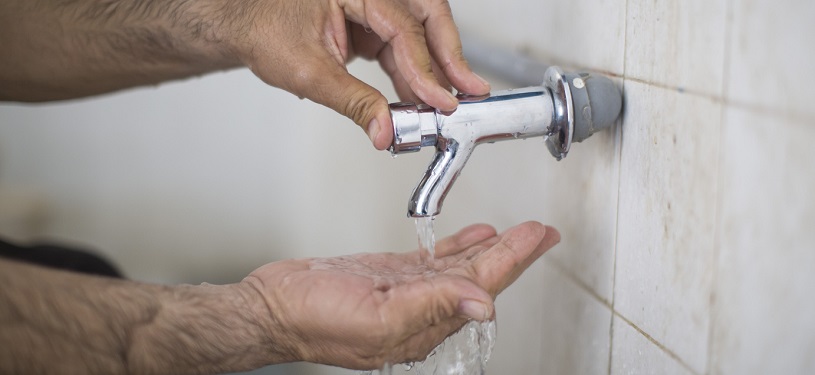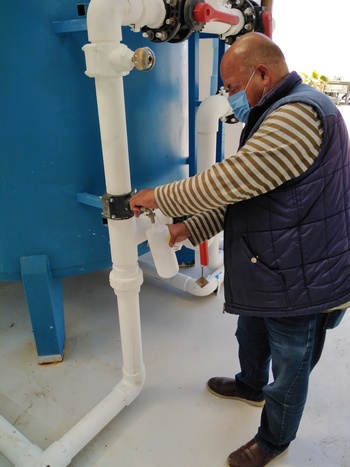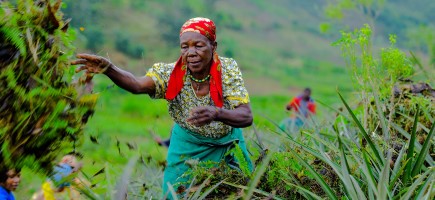
18.11.2024
A new approach to water scarcity
GIZ is supporting Jordan in the desalination of brackish water. With this, the country now meets 15 per cent of its drinking water requirements – a figure that is rising.
Jordan is one of the world’s most arid countries. The reasons are clear: less and less rainfall, rapid population growth and an agricultural sector with ever-increasing water requirements. Drinking water is now so scarce that in some areas the pipelines are only turned on once a day – and only once every one to three weeks.
Since 2020, the Deutsche Gesellschaft für Internationale Zusammenarbeit (GIZ) GmbH has been working with Jordanian authorities and companies on behalf of the German Federal Ministry for Economic Cooperation and Development (BMZ) to desalinate more brackish water and turn this into drinking water. Brackish water is a mixture of fresh and salt water that is mainly found in estuaries. ‘As in many other countries around the world, without water desalination it would simply not be possible any longer to provide for people in Jordan,’ explains Project Manager Trevor Surridge.
Brackish water has one major advantage, however. Unlike seawater, it is often found locally in rural areas and small villages. Which means it doesn’t first have to be transported to those living in the country’s interior. In Jordan, this makes it an economically attractive alternative to water from the Red Sea.
More efficient systems, better drinking water

To drive forward water treatment, GIZ and its partners have reconditioned four desalination plants. They now process significantly more water than before – and produce water of higher quality. They provide a reliable supply of drinking water to around 50,000 people. New filter technologies help to reduce operating costs. And environmental protection is also important: the brine produced as a consequence of desalination is safely disposed of in an environmentally friendly way.
GIZ has also played a role in improving efficiency at the 21 existing desalination plants for brackish water. ‘Staff at our authority and at the operating company learned firsthand how to evaluate the performance of a desalination plant and how to go about future reconditioning work,’ says Muna Gharaibeh, Assistant Secretary General at the Ministry of Water and Irrigation. The Ministry is now looking to improve the efficiency and operation of other plants in the years ahead.


